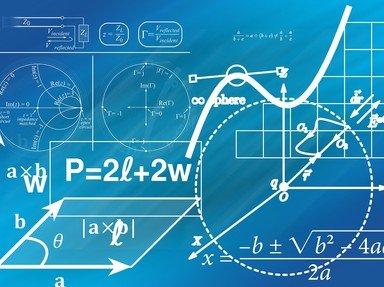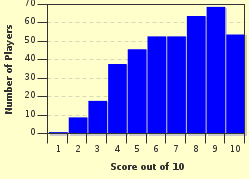Quiz Answer Key and Fun Facts
1. Basically, consecutive numbers are numbers that lie next to each other on the number line. Is the difference of 2 consecutive odd numbers the same as the difference of 2 consecutive even numbers?
2. The product of 3 consecutive numbers is always divisible by ___.
3. If the sum of 2 consecutive odd positive integers is 20, what is the smaller number?
4. The product of 2 consecutive numbers is always an even number.
5. The sum of the first 5 consecutive prime numbers is ___.
6. It is known that 10 consecutive numbers have a sum of 55. To solve the values of each of these numbers, we use a method from which field of mathematics?
7. The sum of consecutive odd numbers (given that the first term is 1) is always square.
8. Choose the WRONG statement.
9. The ratio of consecutive ___ numbers converges (approaches) to phi (1.618...). What goes in the blank?
10. Now a bit of thinking for this question. Can the mean (average) of 2 consecutive prime numbers be a prime number?
Source: Author
Matthew_07
This quiz was reviewed by FunTrivia editor
crisw before going online.
Any errors found in FunTrivia content are routinely corrected through our feedback system.


